Russia closes Finnish consulate, expels diplomats in retaliatory move
In diplomatic countermeasures, Russia has announced that it is shuttering Finland’s consulate in Saint Petersburg and expelling nine of its diplomats, declaring them persona non grata.
The Russian foreign ministry said in a statement on Thursday the move was a tit-for-tat response after Finland earlier this month expelled nine diplomats working at the Russian embassy in Helsinki
The ministry denounced Helsinki's “confrontational anti-Russian policy.”
“Nine employees of the Finnish Embassy in the Russian Federation and the Finnish Consulate General in Saint Petersburg were declared persona non grata,” the ministry statement said.
“As part of the response to the confrontational actions of the Finnish authorities, the Russian side decided to withdraw from October 1 its consent to the activities of the Consulate General of Finland in Saint Petersburg,” the statement added.
Last month, NATO’s newest member Finland, which shares a long border with Russia, said it was expelling nine diplomats working at the Russian embassy in Helsinki, accusing them of being engaged in “intelligence activities."
The decision was made following a meeting between Finnish President Sauli Niinisto and the government’s foreign and security ministerial committee, where the ongoing war on Ukraine was also discussed.
Diplomatic turmoil is escalating between Moscow and Helsinki following Finland’s membership in the NATO military alliance.
Finland officially joined NATO in April despite repeated warnings from Russia.
Russia's reaction to the new membership was strong. It condemned the move at the time, saying Finland was committing a dangerous historic mistake by joining NATO and that the move would dilute the country's own influence on the world stage and hurt its ties with Moscow.
Finland shares a 1,340-kilometer eastern frontier with Russia, whose border with NATO has now doubled. Russia has vowed to bolster its military capacity in its western and northwestern regions, near the border with the Nordic country, if the alliance deploys any additional troops or equipment to its new member.
Russia says threats from NATO are growing
The secretary of Russia's Security Council, Nikolai Patrushev, said on Thursday that threats to Russia from the US-led NATO military alliance were growing.
The TASS news agency quoted Patrushev as referring to a build-up of NATO military infrastructure near Russia's borders, the intensification of reconnaissance activities and the presence of tactical nuclear weapons in Europe.
In December last year, Russian Foreign Minister Sergei Lavrov accused the West of becoming directly involved in the Ukraine war by supplying the country with weapons and training its soldiers.
“You shouldn’t say that the US and NATO aren’t taking part in this war. You are directly participating in it,” Lavrov said back then during a press briefing.
“And not just by providing weapons but also by training personnel. You are training their military on your territory, on the territories of Britain, Germany, Italy and other countries.”
Senior officials in Moscow have insisted that the West cheated Russia by expanding NATO eastward following the end of the Cold War.
Russians say the US and its NATO allies broke a key pledge. They say the West promised Russia in the 1990s that NATO would move not one inch to the east.
Kremlin denounces Zelensky's Bulgaria visit
The Kremlin on Thursday strongly denounced Volodymyr Zelensky's visit to NATO-member Bulgaria, saying the Ukrainian president was trying to "drag" other countries into the conflict between Moscow and Kiev.
"The Kyiv regime is doing everything possible to drag as many countries as possible almost directly into this conflict," Kremlin spokesman Dmitry Peskov said. "Many countries have already plunged headlong into this conflict, both directly and indirectly. This topic will be discussed with the Bulgarians."
Russia launched what it calls a special military operation in Ukraine on February 24, 2022, over the perceived threat of the ex-Soviet republic joining NATO. Since then, the United States and Ukraine’s other allies have sent Kiev tens of billions of dollars worth of weapons, including rocket systems, drones, armored vehicles, tanks, and communication systems.
Western countries have also imposed a slew of economic sanctions against Moscow. The Kremlin has said that the sanctions and the Western military assistance will only prolong the war.
Our missiles have put Zionist regime in its place: Iran’s top security official
VIDEO | Iran's Beirut Embassy marks Islamic Revolution anniversary
VIDEO | Protests renewed as Israel advances execution law for Palestinian prisoners
VIDEO | Gazans rally against attempts at undermining UNRWA
Melina Asadi is a testament to Israeli, American crimes: General Vahidi
Israel kills five more Palestinians in Gaza amid ceasefire violations
Israeli minister says Netanyahu's new measures 'de facto sovereignty' over West Bank
Gazans vaporized by Israel's use of US-supplied weapons: Report


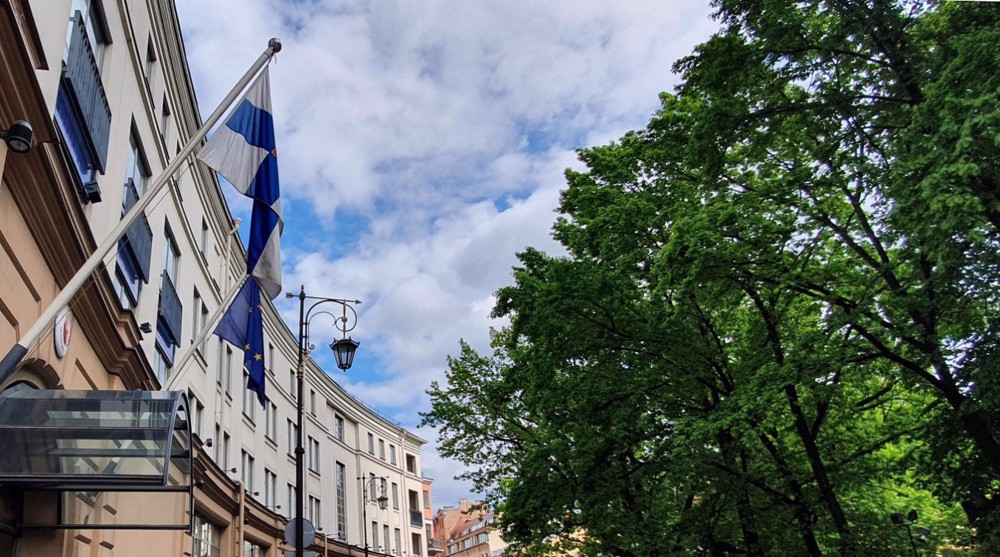
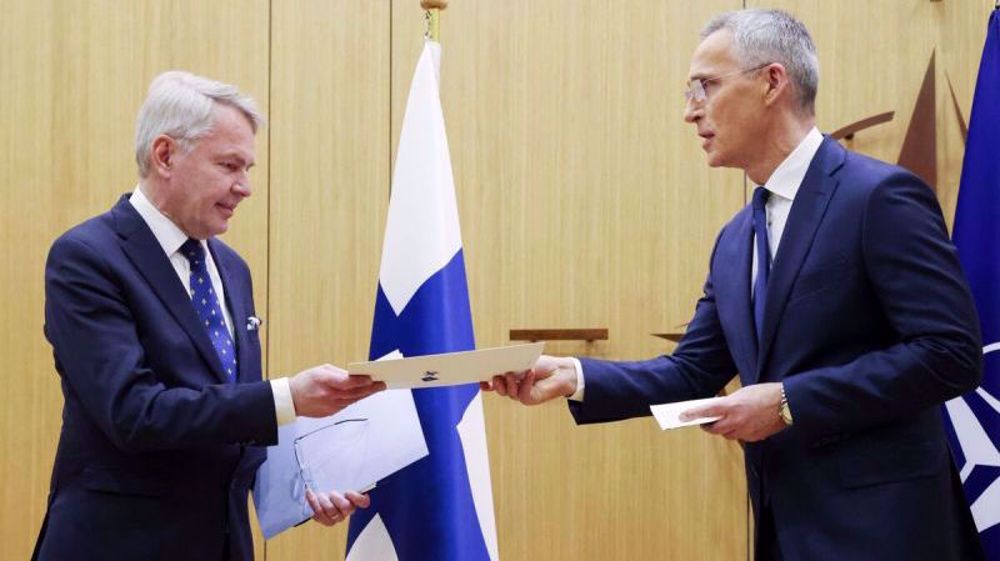
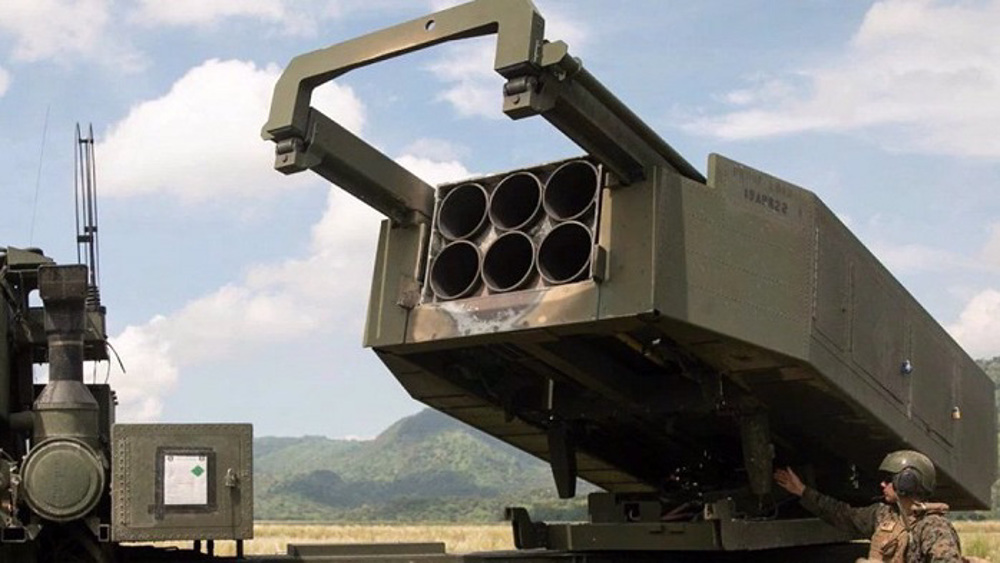
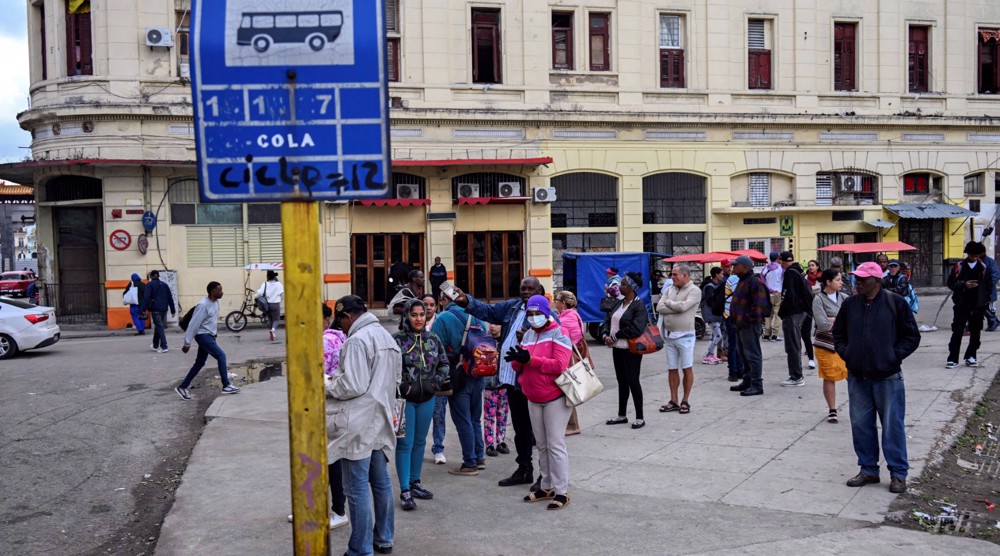
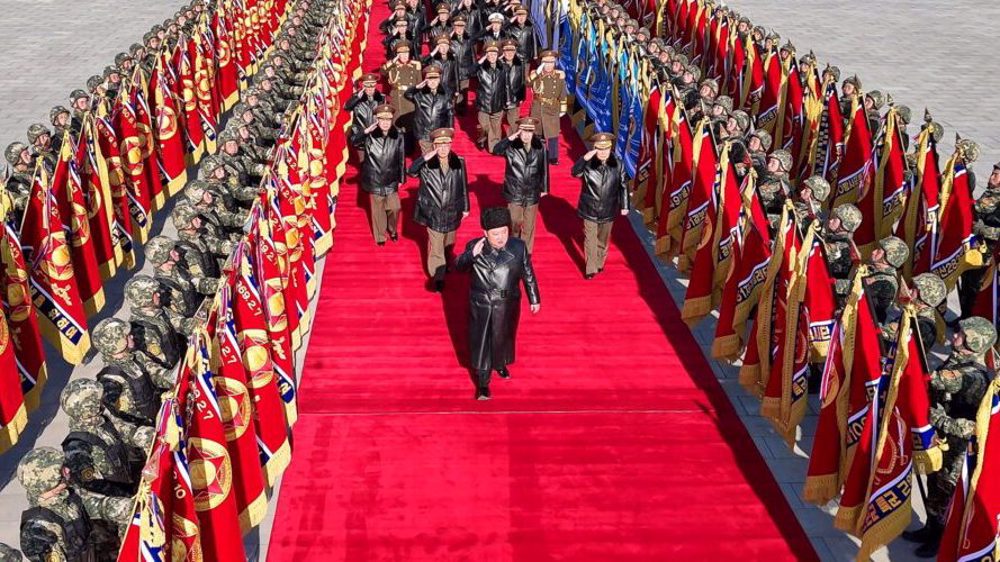
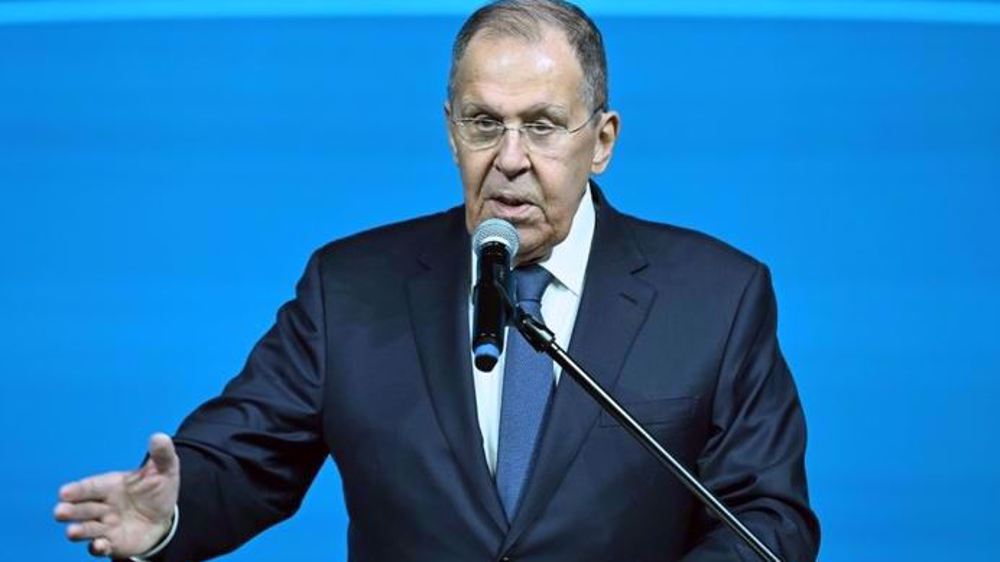



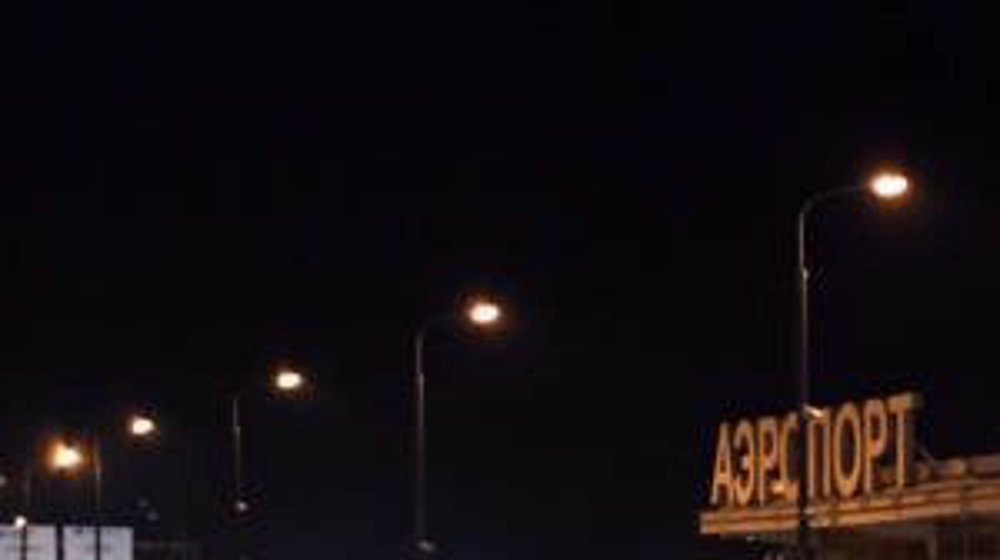
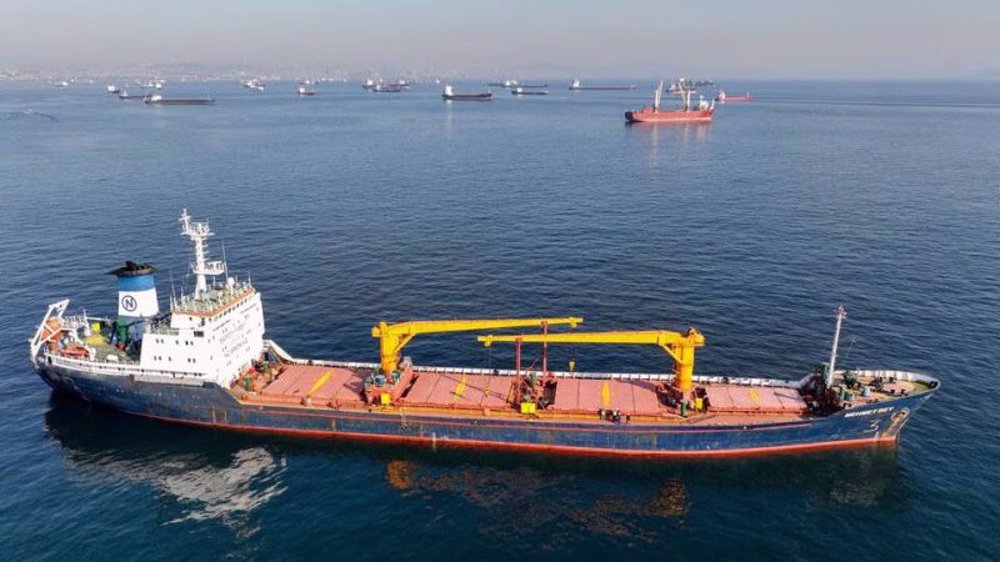
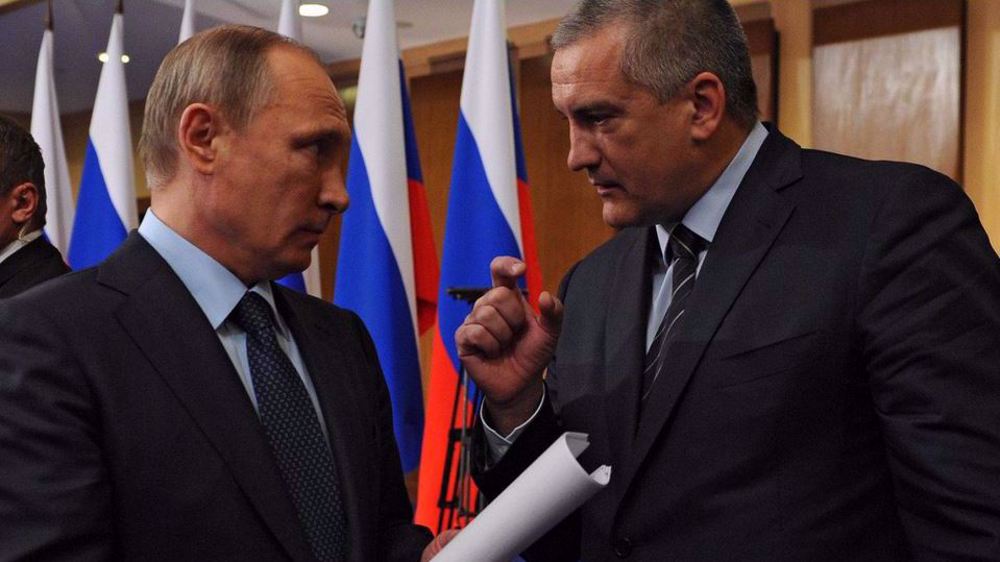
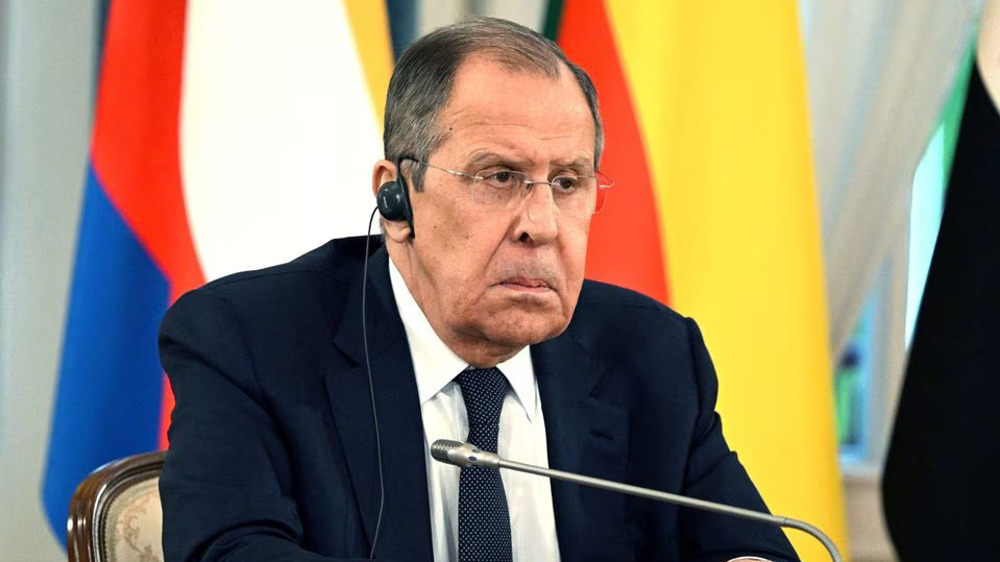
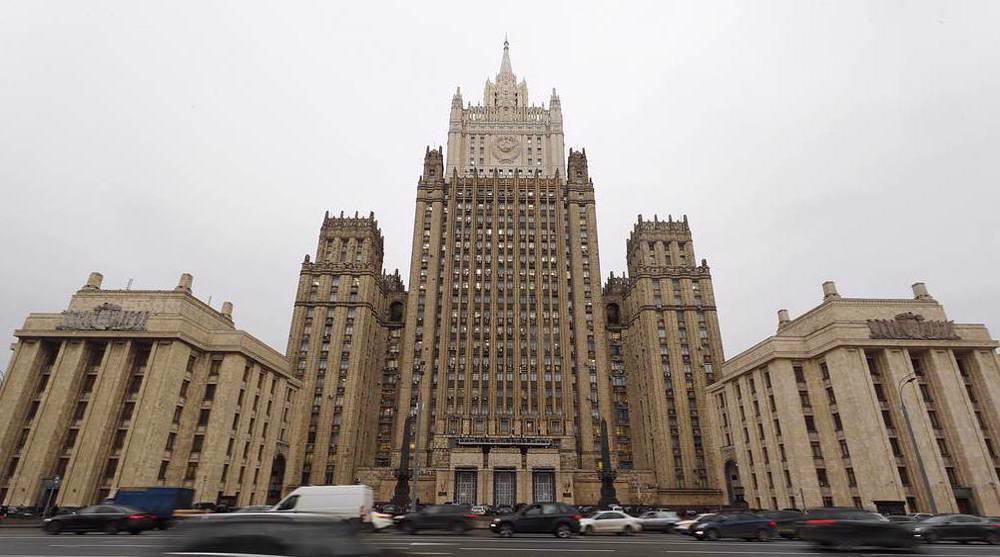
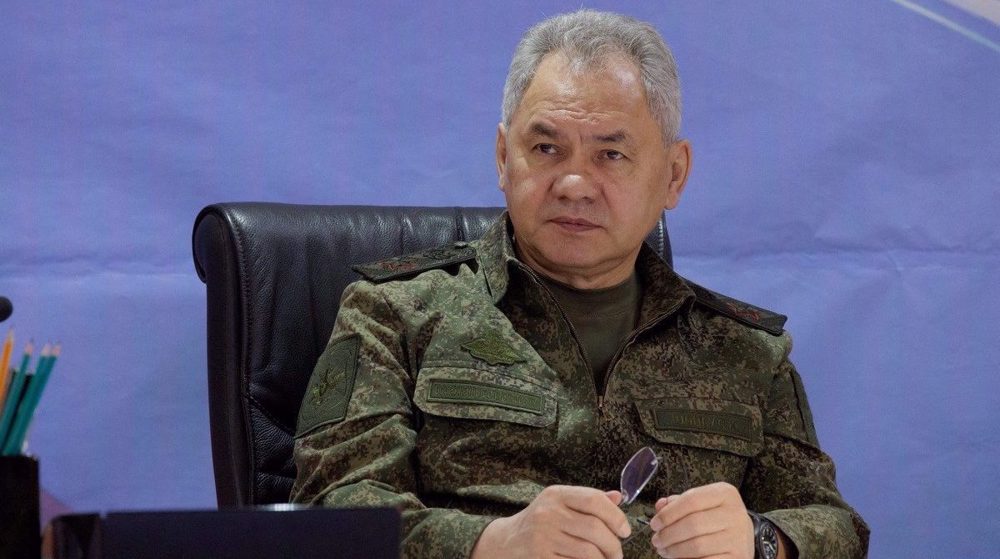
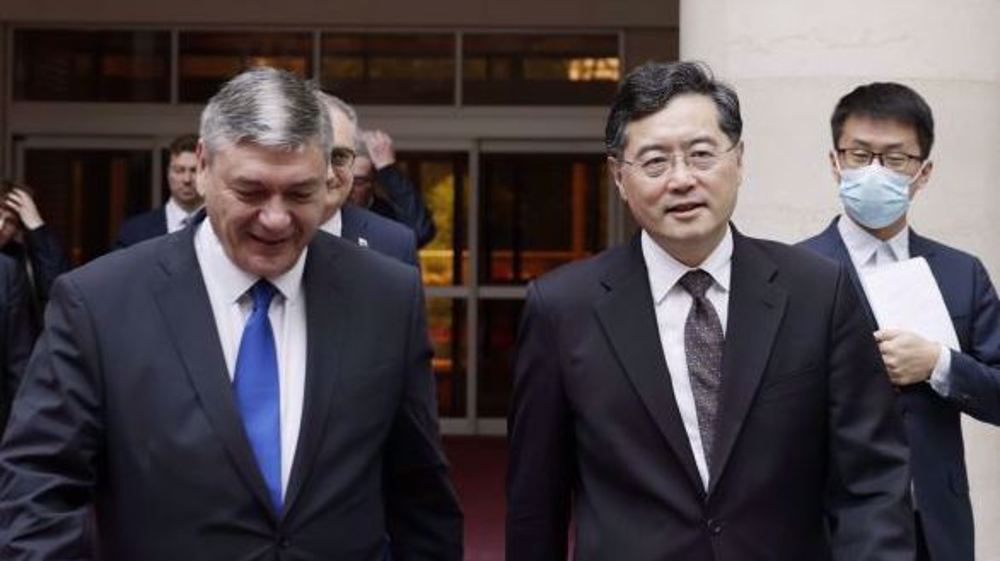
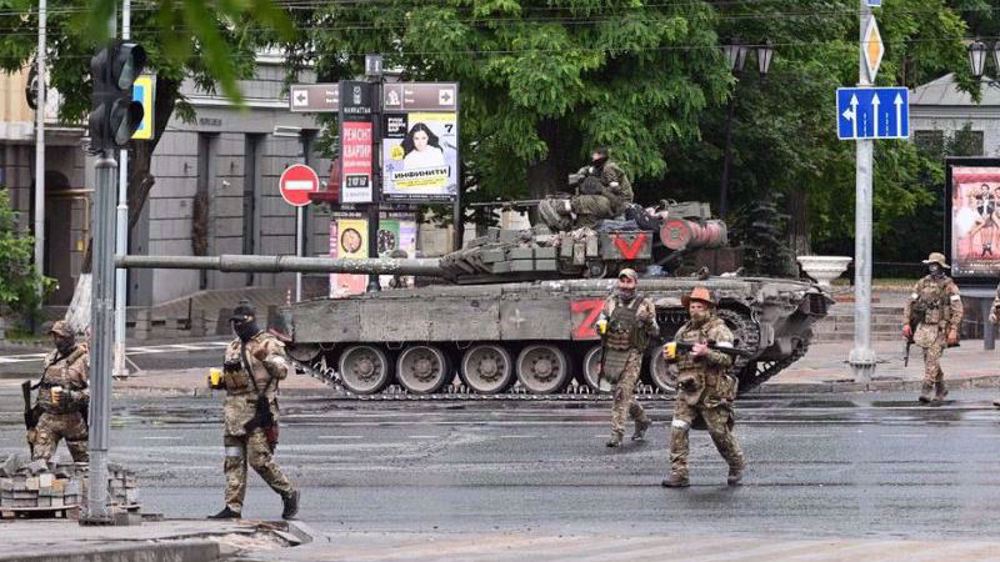
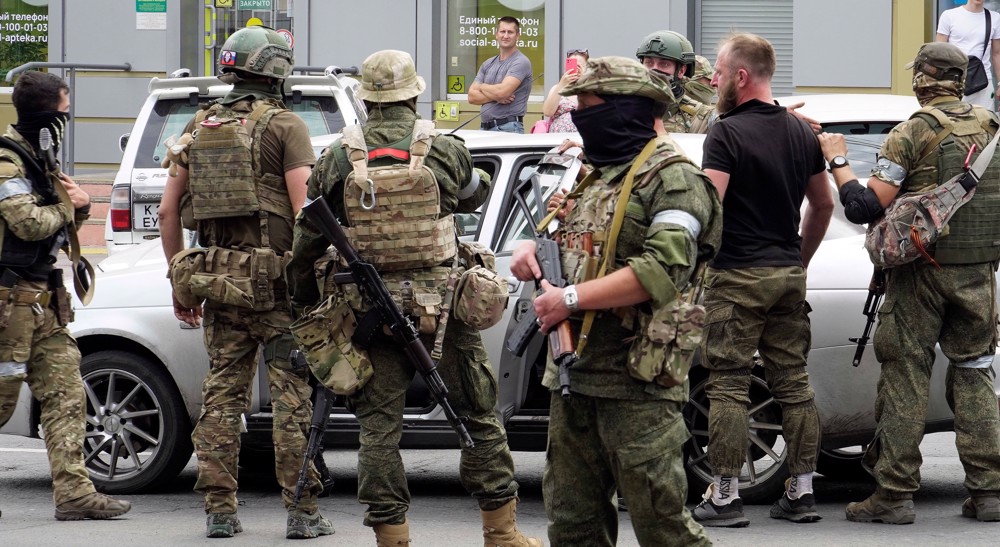
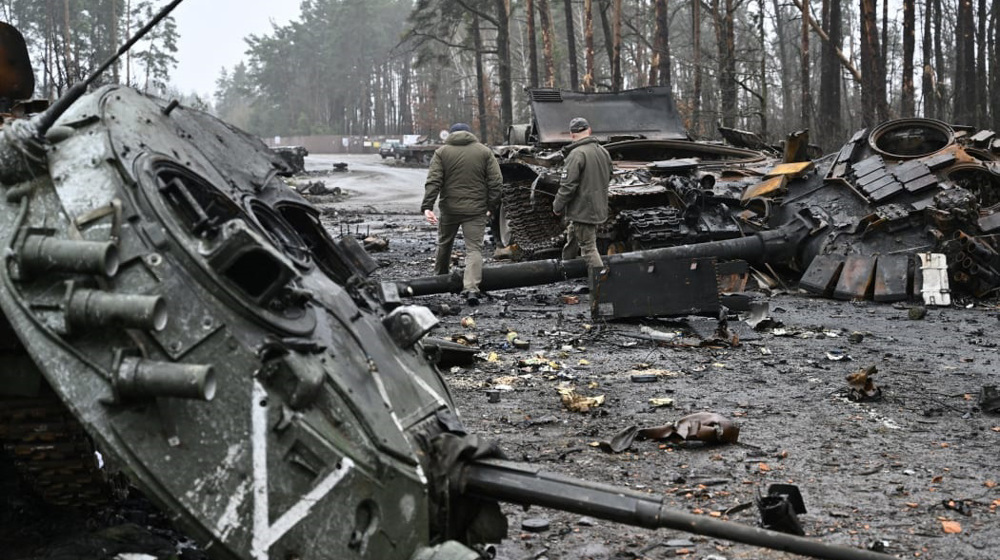

 This makes it easy to access the Press TV website
This makes it easy to access the Press TV website